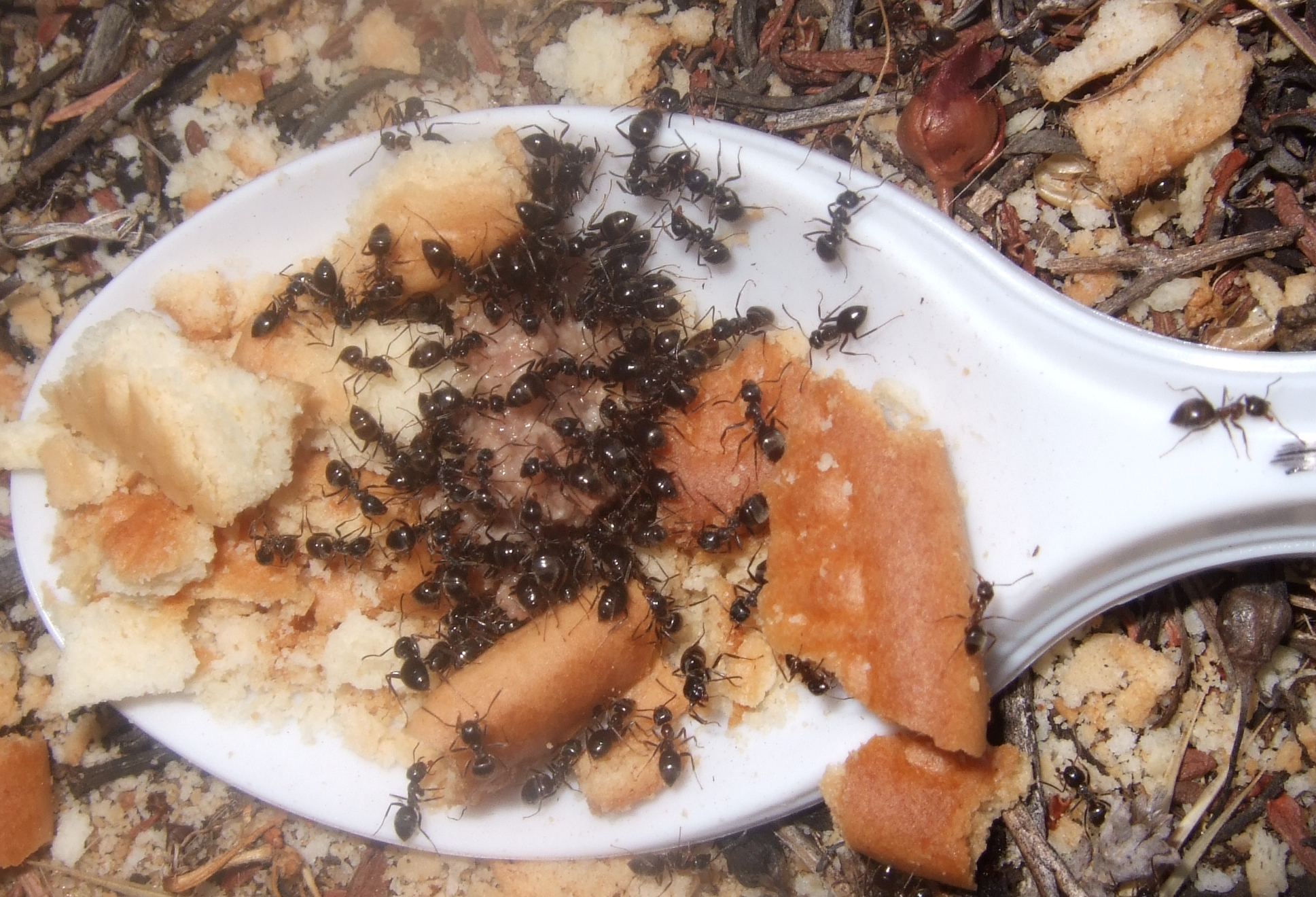
Researchers at the Doñana Biological Station – CSIC studied how different ant species exploited their food resources, their daily behaviour patterns, their temperature preferences, and their interactions with other ants' species in Doñana. Temperature and competition are two of the main factors determining ant community assemblages. The temperature may allow species to forage more or less efficiently throughout the day. However, competition with other species may diminish their efficiency: dominant ant species can monopolize these resources and limit access to food for other species
This study was conducted in the Doñana Biological Reserve (southern Spain) in three different habitats: savin forest, pine forest, and dry scrubland. The team used baits to assess the competition between species on spatial and temporal levels in several sampling transects. Subsequently, they analyzed the effect of temperature on bait occupation for the four most abundant species of each habitat.
With this data, the team created a thermal competition index (TCI) to assess how temperature and numerical dominance influence the competitive outcomes. This index TCI shows that the species' success during interactions -which implies they have or do not have to leave the bait- was driven by the proportion of workers between the two competing species and by the effect of temperature on each species. For instance, there are endemic ant species in Doñana, such as the Cataglyphis floricola or the Cataglyphis tartessica, capable of collecting food with ground temperature exceeding 50°, when there are no more competing species.
In short, this study confirms that competing relations in these Mediterranean ant communities depend on the habitat and are strongly influenced by temperature.
Reference:
Daniel Sánchez-García, Xim Cerdá, Elena Angulo. Temperature or competition: Which has more influence on Mediterranean ant communities?. Plos One. https://doi.org/10.1371/journal.pone.0267547
https://doi.org/10.1371/journal.pone.0267547 


